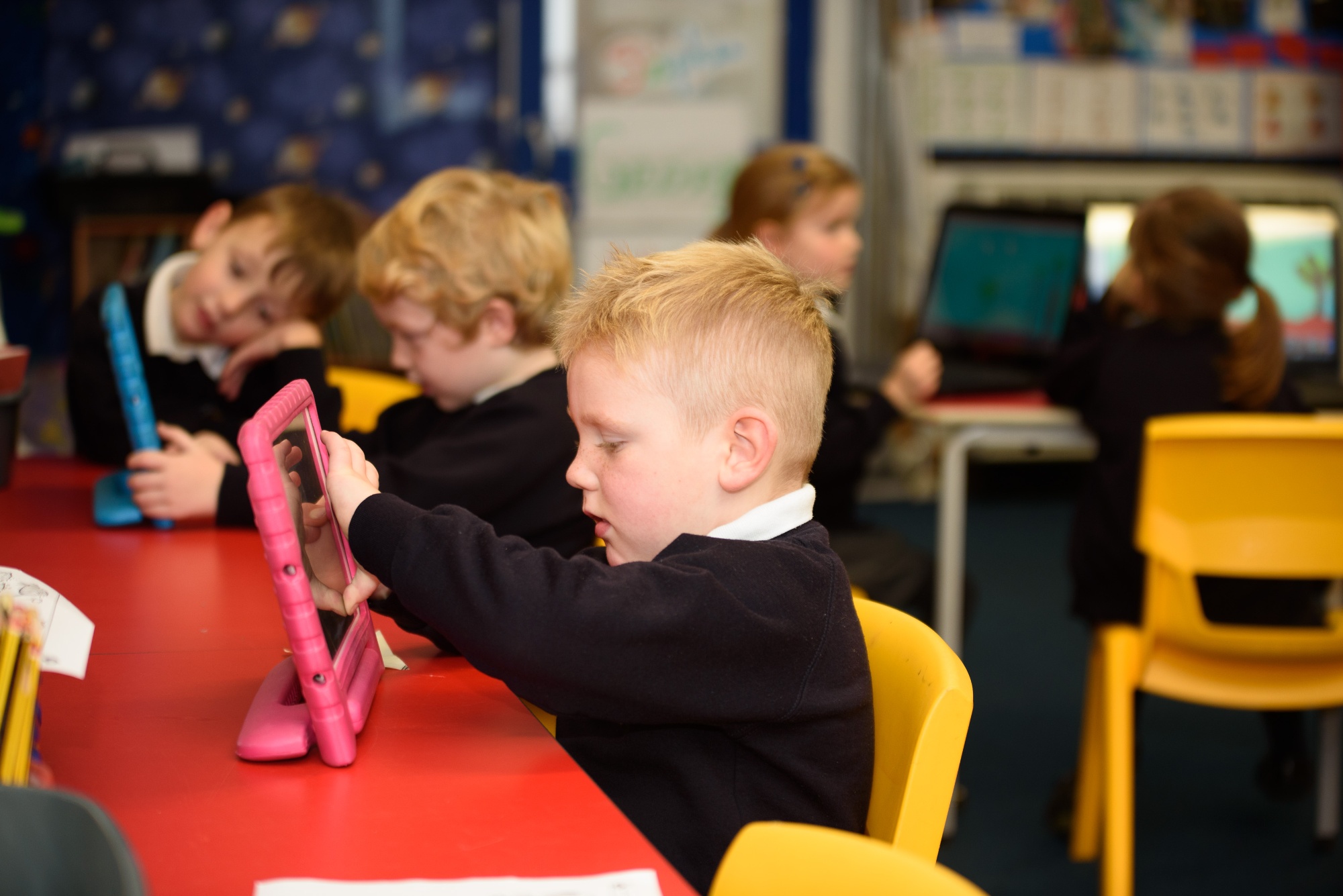Little Acorns Nursery
Our aim in the Early Years Foundation Stage is to provide a happy, safe and stimulating environment, which allows all children to feel secure and valued and therefore ready and eager to learn!

If you would like to visit us we would love to show you around! Please contact the School Office on: 01502 476230, or by email, at: office.bnc@consortiumtrust.org.uk to make an appointment with me.
I look forward to meeting you,
Miss Kelly Danks
Acorn Class Teacher
For children who turn 3 between ….the free childcare starts from
1st April to 31st August September (Autumn Term)
1st September to 31st December January (Spring Term)
1st January – 31st March April (Summer Term)
Please be aware that attending our school Nursery does not guarantee your child a place in our Reception Class. Further details about admissions will be given on registering for a nursery place.
Within Nursery every child deserves the best support and this enables them to become active learners and thinkers. All children learn in a variety of ways and there are 3 main aspects of learning we follow:-
-
Play and exploring – children investigate and experience things and have a go.
-
Active learning – children concentrate and keep trying if they encounter difficulties and they enjoy their achievements.
-
Creating and thinking critically – children have and develop their own ideas, make links between ideas and develop strategies.
What is the Early Years Foundation Stage?
The EYFS is the period of education for all children from birth until the end of Reception year at school. It is called the Foundation Stage because it provides children with the secure foundations they need for their future learning. It builds on all the learning that children will have already gained from their families.
What will the children be learning?
There are 7 areas of learning covered by the Early Years Foundation Stage (EYFS) Curriculum. These are divided into three prime areas and four specific areas. The prime areas are:-
-
Communication and Language
-
Physical development
-
Personal, Social and Emotional Development
The specific areas are:-
-
Literacy
-
Mathematics
-
Understanding the World
-
Expressive Arts and Design Communication and Language
Phonics Schemes
In Little Acorns Nursery we follow the Letters & Sounds plans. Children will be given lots of opportunities to develop speaking and listening skills, one to one, in small groups and as a class. In a range of situations such as circle time and story-telling, children learn to listen attentively and respond with relevant comments.
We also encourage our children to be inquisitive and ask and answer questions in response to stories we share. They will show understanding of instructions and learn to express themselves clearly and effectively when speaking one to one or in a group.
Little Acorns Nursery fee structure and session times
We are very proud of our excellent childcare at Barnby & North Cove Primary School. We feel our prices offer outstanding value for the quality of our nursery. Please find below our current prices.
To support children to settle into the nursery, we advise children attend for at least 2 sessions a week (e.g. one full day, or one morning and one afternoon).
|
Attendance |
Time |
3 - 4 years |
Hours claimed by the school |
|
School day |
8:30am -3.15pm |
£25.20 |
30 |
|
Morning |
8:30am – 12.00pm |
£12.60 |
15 |
|
Afternoon |
12:15pm – 3:15pm |
£12.60 |
15 |
|
Lunch |
12.00pm-12:45pm |
Free if attending for a full day |
0 |
|
Hourly rate |
|
£4.20 |
|
Hot lunch: £2.53 - All meals must be paid for in advance on Arbor. Parents are also able to provide children with their own packed lunch.
Funded sessions
Sessions can be booked as below:
|
|
||
|
Attendance |
Time |
School claims |
|
5 x mornings |
8:30am-11:30am |
15 hours |
|
5 x afternoons |
12:15-3:15pm |
15 hours |
|
5 x full days |
8:30am-3:15pm |
30 hours |
If you wish to change your child’s allocated slot, it is important to discuss this in advance with the class teacher. We aim to be flexible and meet the needs of parents and children alike. Nursery fees are paid through the Arbor App. For more information, please visit the Information for Parents and Carers section on the website, click on Arbor Payment system and this will take you straight to Arbor. Please speak to Mrs Lloyd in the office if you have any questions or would like to discuss your child’s requirements.